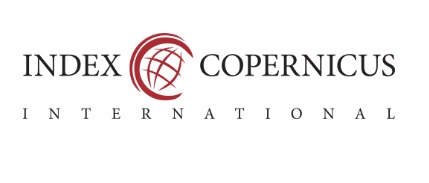Eatsarapph: An implementation of E-commerce framework with route analytics
Abstract
Aim: The study’s goals are i) to create an online restaurant ordering system that uses an e-commerce framework and (ii) to develop a client-side application that displays restaurants according to the diner’s preferences in terms of cuisine type.
Methodology: The correct steps of the System Development Life Cycle, including planning, analysis, design, implementation, and maintenance, were followed in this paper. The information was gathered by secretly watching patrons at various eateries.
Findings: Eatsarap is a mobile app developed digitally. It has been successfully planned and implemented that PH will be used. EatsarapPH was built on an e-commerce infrastructure to facilitate transactions between diners and eateries.
Implications/Novelty: The app makes life easier for diners and eateries by streamlining the ordering process, managing the menu, and processing payments online. This innovative layout benefits both diners and establishment owners.
References
Kulkarni, H., Dascalu, S., and Harris, F. 2009. “Software Development Aspects of a Mobile Food Ordering System.” Retrieved March 12, 2016 (https://goo.gl/GPKUAe).
Zomato. n.d. “Food & Restaurant Finder.” Retrieved March 22, 2016 (https://goo.gl/taoTAi).
Bhargave, A., Jadhav, N., Joshi, A., Oke, P., and Lahane, S. R. 2013. “Digital Ordering System for Restaurant Using Android.” International Journal of Scientific and Research Publications 3(4): 01-07.
Studymode.com. 2012. “Ordering System Chapter 1.” Retrieved May 22, 2016 (https://goo.gl/Z8i0p9).
Smith, P. 2016. “How Technology is changing the Restaurant Industry.” Retrieved May 22, 2016 (https://goo.gl/65xNZw).
Delone, W. H., and Mclean, E. R. 2004. “Measuring E-Commerce Success: Applying The Delone & Mclean Information Systems Success Model.” International Journal of Electronic Commerce 9(1): 31-47.
Niknejad, A. 2011. “A Quality Evaluation of an Android Smartphone Application.” Master’s thesis, University of Gothenburg, Gothenburg, Sweden.
Visser, J. H. 2016. “Bases of Market Segmentation Success: A Marketing Decision Makers Perspective.” International Journal of Business and Administrative Studies 2(3): 75-80.
Wartika, K., Surendro, H., Satramihardja, I., and Supriana, 2015. “Business Process Improvement Conceptual Models to Improve the Efficiency of Power Consumption on Computer use from the Perspective of Human Resource Performance.” International Journal of Business and Administrative Studies 1(3): 99-106.

This work is licensed under a Creative Commons Attribution-NonCommercial 4.0 International License.












.png)










